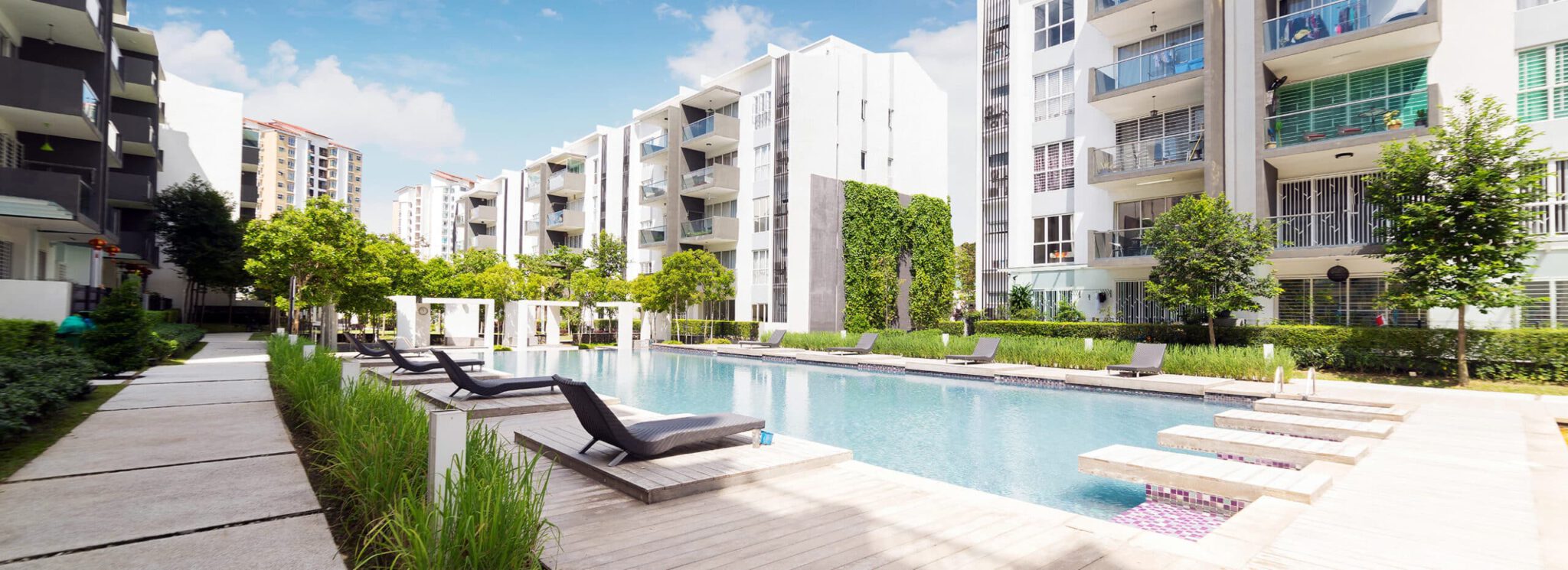Multi-family residential tenants love amenities. When they shop for the ideal apartment, they compare apartment amenities. The more amenities available, the better. However, as a multi-family residential property manager or owner, the challenge is ensuring the security of those amenities.
Many of the popular amenities are in public areas and have expensive equipment. In some cases, non-residents could enter the common area like a swimming pool. This post explores the problems with some amenities and standard features as well as how to overcome them.
Package theft is a huge problem, especially with more people shopping online than ever. Wakefield Research
finds that one in four people say they have been a victim of package theft. Half of the respondents know someone who has been a victim. The numbers grow worse among millennials in which one out of three have been a victim of package theft and 60 percent know someone who has.
Unfortunately, law enforcement rarely arrests the thieves. Police make an arrest in fewer than 10 percent of the cases where the owner has reported package theft. A Home Security report says that the average value of stolen packages was $140.
Apartment mail theft is common because thieves know they may find checks and gift cards. In the video, the thief manages to open all the lockboxes and rifle through the mail. When it’s not obvious someone is breaking in like in this example, residents don’t know all the faces at their community and may think someone is checking his or her own mail.
Here are some news stories about apartment mail theft:
- String of apartment mail thefts in Mountain View, CA
- Mail stolen in Corpus Christi
from locked boxes in a gated community - Mail thieves in Canada hit multiple apartments
Someone asked The New York Times if landlords and property managers can do anything to prevent mail theft. Landlords are unlikely to be held liable for stolen packages and mail. However, they have a responsibility to provide security. If the court finds the landlord or property management did not secure the building, then it could become a liability issue.
One option is to have the management office accept package deliveries for residents. However, that won’t cover potential mail theft. Not all properties have an office that can accept packages. An effective tool for securing against mail and package theft is live video monitoring.
Trained security operating monitors watch the cameras placed in the mailroom. When they see suspicious activity, they can issue an audio warning as a deterrent. If the suspects do not leave, the operator calls the police.
Pool
Most apartments do not have a lifeguard on duty. Typically, the pool has signs that indicate this and that adults are responsible for watching children. A report from the U.S. Consumer Product Safety Commission shows that public, community, and business pools or spas have the highest percentages of reported fatalities between 2014 and 2016 for two of the four age groups. Ages five to nine had 43 percent reported fatalities and ages 10 to 14 had 56 percent. This category includes apartment and multi-family housing.
While it’s not required for an apartment property to post a lifeguard, they still have a responsibility for apartment pool safety. This includes securing the pool from wandering outsiders and minimizing safety hazards.
Children who escape the clutches of their parents’ watchful eye find their way to the pool and climb the fence. No one wants a child to drown. It’s an avoidable tragedy. People who are homeless also seek pools as an opportunity to bathe.
Educate your tenants about pool safety. Post signs with safety rules. Too often, parents let their guard down because their child is a strong swimmer or wears flotation devices. Lifeguards don’t like flotation devices especially the ones children wear on their arms because they create a false sense of security. A child can raise his or her arms and slip right out of the flotation device.
Fortunately, manufacturers have improved the arm flotation device to include a vest attached to the arms. Again, things happen. The device could get a leak, letting the air out. If something happens, the apartment could be held liable because it is hard to prove whether management took enough steps to secure the pool.
Remote video surveillance can help reduce liability. A trained operator watches the cameras for potential pool hazards and uninvited guests. It provides evidence that the apartment did its job in securing the pool.
An apartment pool’s security camera system prevented a potential tragedy when an operator caught a boy climbing the pool fence. The operating monitor caught the child’s attention through a speaker and the child climbed back down and ran away. To ensure only residents use the pool, pair video monitoring with access control.
Laundry Room
Strange things happen in a multi-family residential laundry room. In one case, a suspect dumped unknown substances in the washing machine of an apartment complex laundry room. The suspect mixed substances — definitely not detergent — and poured them into the washer.

